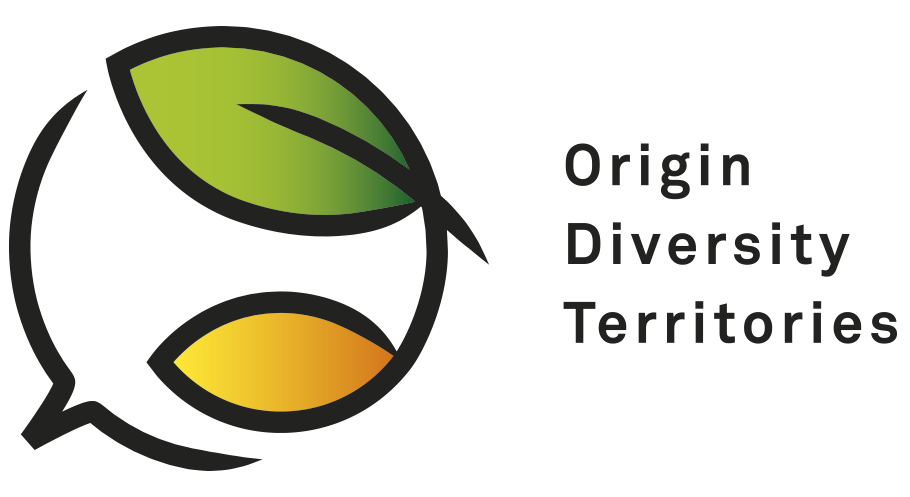Perspectives on territories in transition
Turin, from the 19th to the 21st of September 2018
Agriculture and the marketing of agro-food products are core elements for sustainable development issues in rural areas. Rural areas often suffer from their isolation and lack of attractiveness, deficiencies in quality public service and are affected by a series of transformations associated with economic, social and climatic changes. These transformations are leading to a decline in family farming, an increase in social cracks between urban and rural areas, a set of problems related to the aging of the population and the lack of generational change in rural areas. However, in parallel with its tendencies that strike all over the world, there is a international movement in the generation and adoption of innovative solutions that aims in ecological and social transitions, opening the door to a promising future for small producers and inhabitants of rural territories. Many innovative solutions are experimented on a small and big scale in very diverse territories of the world.
Indeed, the awareness of the current ecological impasse is rising. It triggers an active movement of citizen engagement for building new sustainable production and consumption patterns, which not only care about their impact on the environment (organic production, local consumption, etc.) but also give new role to cultural diversities of the territories (local products, labels and distinctive signs of quality). More and more producers and consumers see the need to reconcile ecological and cultural aspects in their way of production and consumption.
The promotion of local food products, through differentiation mechanisms like labels of quality, appellations of origin and protected geographical indications, thus is transformed into a relevant strategy to accompany the transitions experienced by the territories towards a better recognition of its particularities. These products and the social dynamic associated to their valorization by their emblematic character effectively contribute to the preservation and the vitality of natural and cultural diversities.
This promotion of the quality products and services of a territory can also become in some cases a driving force of sustainable development through a form of « Slow Tourism », a concept faithful to the principles of the Slow Food movement, as a counter-proposal to the industrialization of the sector and its multiple impacts (artificialisation of natural spaces and folklorization of culture, excessive pressure on natural resources, homogenization of services rendered),
In this way, local products meet the expectations of more and more consumers because they have a strong image and reputation. Too often the added value that is generated by the commercialization of these products and services escapes local actors and territories. While, in some cases, especially in Western Europe, territorial governance and management systems allow benefits to be distributed equitably and in a positive way, in many territories of developing countries these processes could be more consolidated.
Innovations are necessary so that producers take a fair value for their “terroir” products and services while respecting diversities and natural resources, and generating economic revenues that irrigate their territory.
The Forum Origin, Diversity and Territory – ODT 2018, in its sixth edition, proposes to explore and put in perspective the theme of ecological and social TRANSITIONS in the territories, by organizing a unique space of learning between september 16 and 21 combined with a « learning itinerary » in the region of the Piemont in Italy, followed by two days of debates and exchanges around concrete experiences on the occasion of the Salone del Gusto and Slow Food Meetings – Terra Madre in Turin (Italy).
Through a rigorous selection process, we propose to bring together leaders of rural communities from Africa, Eastern Europe, Latin America and Asia, who manage local innovations in agriculture and food sectors, and committed for social and ecological transitions.
These leaders will participate in the Forum ODT 2018 as part of Terra Madre in Turin, sharing their experience and debating with international experts in panels.
Six workshops will discuss diverse transitions pathways:
- Origin-linked Products and Sustainable Rural Tourism
- Strategies and tools to plan and manage territorial transitions
- Adding value and promoting origin-linked products by tools as Geographical Indications, Mountain labelling, territorial brands, and territorial initiatives like UNESCO-World Heritage or GIASH (Globally Important Agricultural Systems Heritage)
- Tools and innovations to build the resilience of farmers and territories
- Foodways and Food-related Intangible Cultural Heritage as drivers for sustainable development in rural areas
- Nutritional and Food Transitions in Rural Communities
-
Smart Eco-Social Villages: pathways to sustainable rural development
